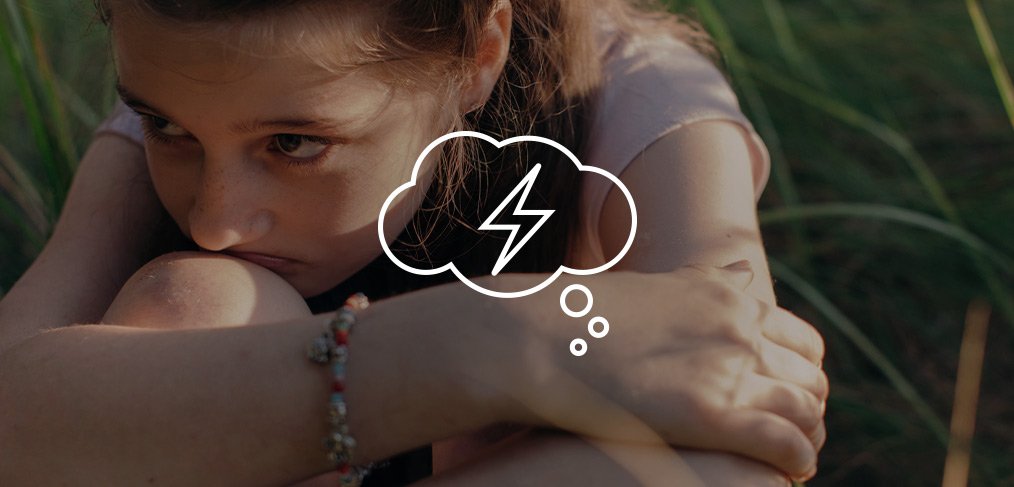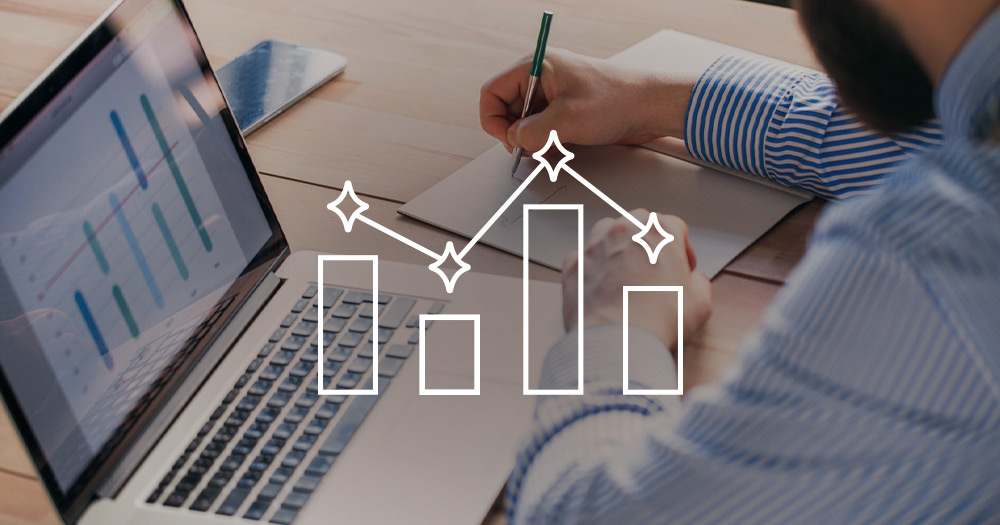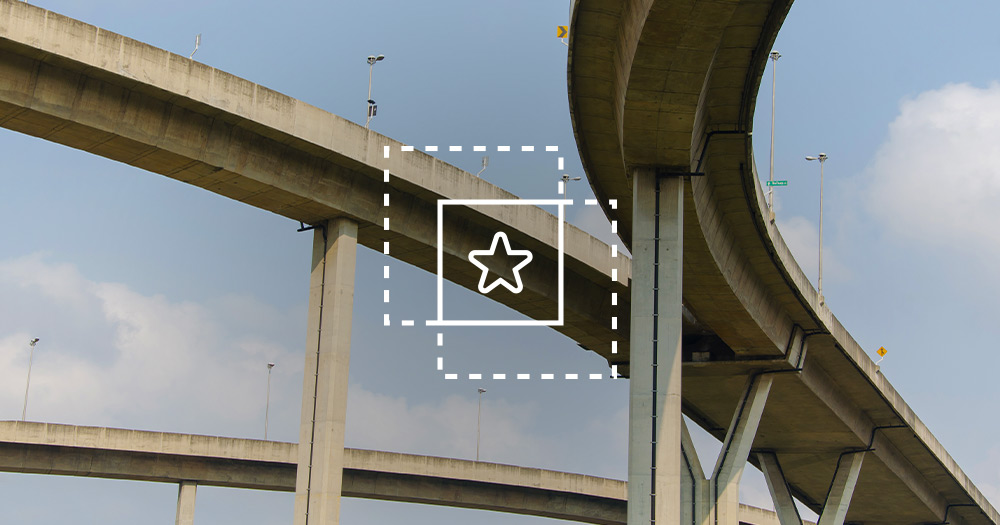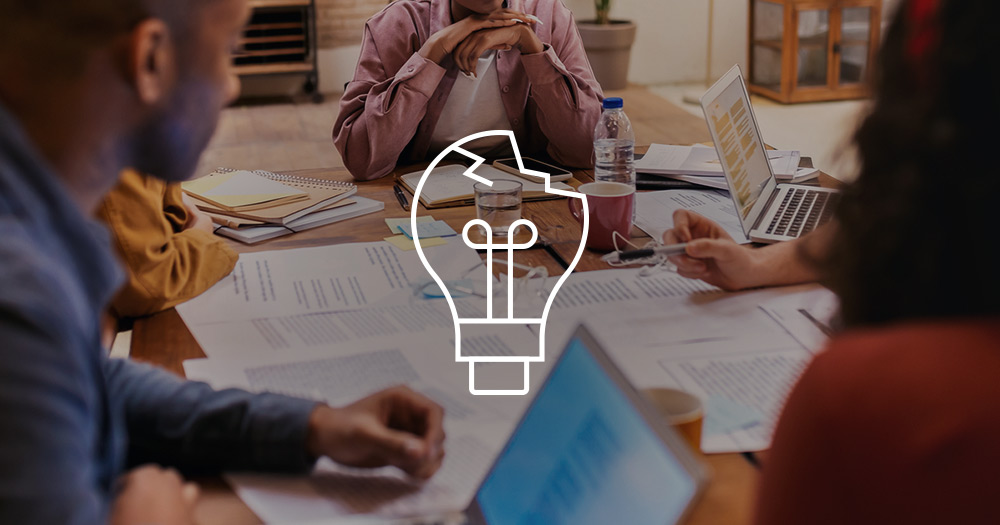
Gen Z: The Generation of Anxiety?
In the “Before Times,” October 24 through November 17, 2019, to be exact, Fountainhead fielded quantitative research among 1,221 people ages 16-22. While that’s not the whole of Gen Z (it’s largely defined to go down to people age 7 or 8), we believe that this upper age range was best equipped to share insights about their habits and their world.
Two shocking statistics: 56% of respondents stated that they currently experience anxiety, and 77% stated they have friends that struggle with anxiety.

These are extremely high numbers, and this was before COVID-19.
It could be said that COVID-19 is this generation’s 9/11 and will compound the already intense anxiety that exists within Gen Z. With that, let’s take a look at the long-standing impact of 9/11-induced anxiety.
- Mistrust of some foreigners: While this sentiment has been held by some before 9/11, an attack on our country by people not from the U.S. dramatically increased the worry about some foreigners.1
- Pessimism about government: “…it would appear that we live in a time of maximal pessimism about government. Perhaps that was an inevitable outcome for a country that lived through the deadliest attack on homeland soil in the history of our existence.”2
- Denialism: “However, there were other consequences of the events that day, namely the rise of a new generation of young and tech-savvy conspiracy theorists and denialists with the world wide web at their fingertips. Typing ‘9/11’ and ‘inside job’ into the search engine Google returns over 7 million hits, although not all of them take the conspiracy perspective.”3
- Heightened travel security, such as TSA “shoes off” measures: It’s post-9/11 normal that airports are even more of a hassle than ever. We accept this, yet some studies show that TSA screening isn’t particularly effective.4
Focusing on Gen Z, there are at least two possible scenarios moving forward. Gen Z could double down on the fears and changes that were prompted by 9/11. Or COVID-19 could create a whole new set of anxieties. If things follow the 9/11 pattern, we might see:
- Mistrust of some foreigners extend to mistrust of businesses located in foreign countries. This could bode well for American corporations, but not well for multinational organizations. Supply chains could come under scrutiny, with origins of ingredients or materials becoming key purchase considerations.
- Government pessimism umbrella over into a heightened demand for personal and household protection devices and increase the acceptance of medical information from atypical medical sources. On the positive side, one possible result is people taking personal responsibility for doing thorough research into issues impacting U.S. citizens and communities. Another positive could be increased activism and participation in democracy.
- Denialism as a frightening component. We’re currently seeing this transpire regarding COVID-19. Denial that it’s serious, denial that sheltering in place helps curb transmission. From our perspective, countering denialism is the toughest nut to crack. That said, it’s best to keep our pulse on Gen Z to see what, if anything, takes root in their belief systems.
- Travel aversion. This runs counter to the fact that Gen Z is the most multicultural generation yet. But if travel to new places can be perceived as life-threatening, it may thwart the desire to explore.
There’s also a high likelihood that new anxieties will emerge for this already anxious group of young people. Possible changes include:
- Aversion to personal (non-automated) services. If it’s not done by a machine, it’s not to be trusted because of health risks.
- Germ-phobia and obsession with cleanliness. Sanitizing everything could become an entrenched behavior.
- Wariness of in-store/in-restaurant dining experiences, or anything that’s out of their own homes. This aligns with the notion above. People may fear people.
- Revisiting of former societal norms. While handshaking and hugs have long existed, these physical greetings may show signs of extinction.
- Constant fear of scarcity. The shortages of key products may create flashbacks to Depression-era habits, like reusing tinfoil (we acknowledge that’s counter to cleanliness).
- Fear of unemployment. Reading the staggering numbers of people unemployed in such a condensed period of time demonstrates the precariousness of a paycheck.
Along with anxiety, new expectations may arise:
- Working from home as the new norm. This could give employers a big challenge, as company culture, workflow and work ethic could be strongly impacted.
- Super casual could be the only attire that this generation may embrace.
- The importance of insurance. It’s unclear if people would expect this to stem from government or others, but it’s painfully clear how critical insurance can be.
All this might force us to completely revisit messaging, products and services for an entire generation.
We realize this was not the most uplifting blog post you’ve read. Hopefully, it’s gotten your wheels turning on ways to future-proof your brand and business so they build trust with this growing powerhouse of Gen Z. Our Fountainhead team will continue to delve into Gen Z. We promise to keep you informed about what we learn!
- Who Trusts? Race, Gender and The September 11 Rally Effect Among Young Adults: National Longitudinal Survey of Adolescent Health
- Never Forget: The Lasting Psychological Impact of 9/11: Psychology Today 2016
- How 9/11 Gave Rise to a New Generation of Denialists
- The TSA Doesn’t Work—and Never Has: The Atlantic 2015


